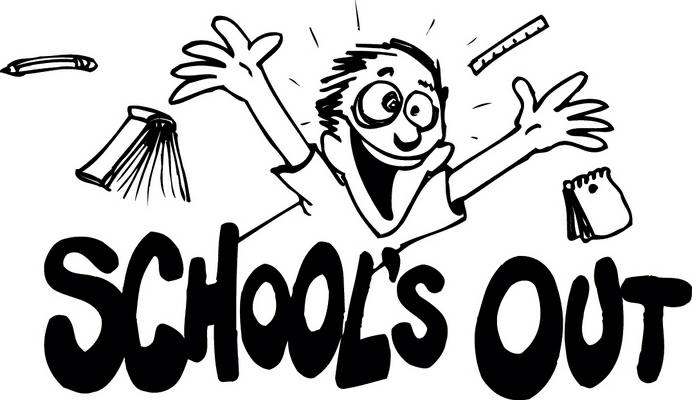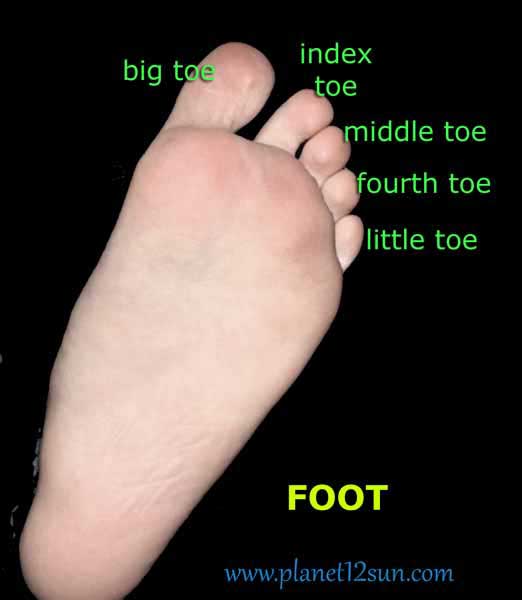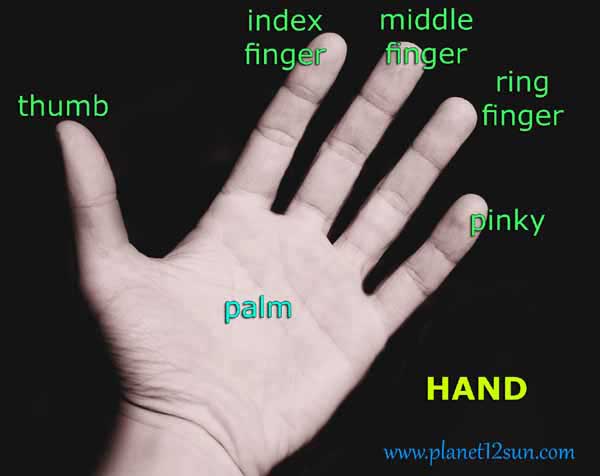
RUN OUT OF (something) is a phrasal verb and it means to come to an end, to not have any left, e.g. gasoline, time, patience etc. [não ter mais, “ficar sem”, acabar, p.ex. gasolina, tempo, paciência etc.]
Observe sempre com que palavras o phrasal verb ‘run out of‘ combina [collocations]. O que faltou, acabou, será indicado após a preposição of.
I’ve run out of milk.
[Fiquei sem leite.]
We have run out of money.
[Ficamos sem dinheiro/Nosso dinheiro acabou.]
He never runs out of patience.
[Ele nunca perde a paciência.]
He said he ran out of ideas.
[Ele disse que as ideias acabaram.]
Unfortunately, we have run out of time.
[Infelizmente, o nosso tempo esgotou.]
They ran out of fuel/gas/petrol.
[Eles ficaram sem gasolina./A gasolina deles acabou.]
As seguintes estruturas são igualmente possíveis:
The milk has run out.
[O leite acabou.]
The time is running out.
[O tempo está acabando.]
My contract runs out next July.
[Meu contrato acaba em julho próximo.]
When does your visa run out?
[Quando seu visto expira?]
Well, I hope you never run out of energy to learn new things!








